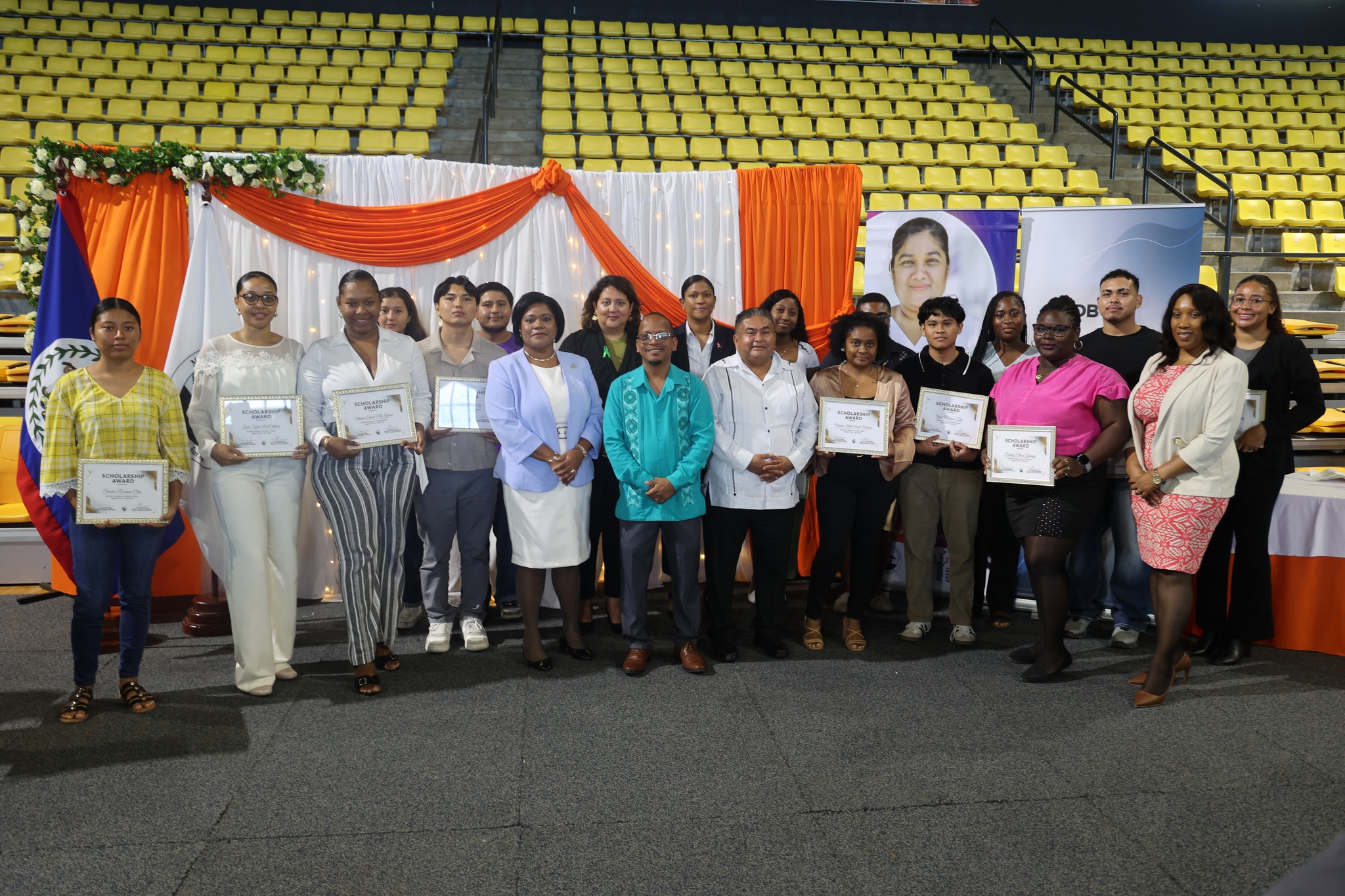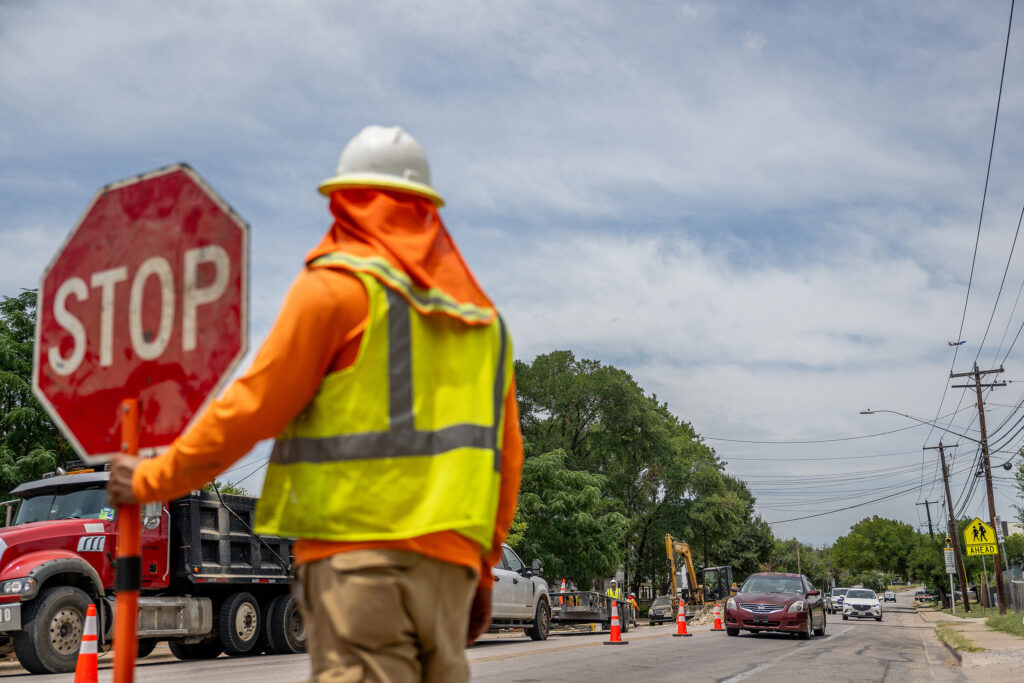Copyright ghanamma

Lightwave E-Healthcare Solutions Limited has strongly refuted allegations made by Health Minister Kwabena Mintah Akandoh concerning the management of Ghana’s National E-Healthcare Programme and the Lightwave Health Information Management System (LHIMS). In a detailed statement issued on Thursday, October 30, the company described the Minister’s claims—made in Parliament on October 28 and reiterated at the Presidential Accountability Series the following day—as “false and misleading.” It said the remarks risked distorting facts and undermining Ghana’s progress in e-health digitisation. Data control claims dismissed Responding to the Minister’s assertion that the electronic medical records of Ghanaians were being “managed from India” without the Ministry’s access, Lightwave said the claim was entirely false. “The electronic health data of patients generated through the programme remain the exclusive property of the Ministry of Health,” the company stated. “All data is stored in a central repository located at the Ministry’s data centre in Accra—not in India or any foreign jurisdiction.” According to Lightwave, while the Ministry owns the data, the LHIMS software used to manage it remains the company’s intellectual property, licensed to the government under contract. On project execution and payments The company also dismissed the Minister’s claim that it had received 77% of the $100 million contract sum despite completing less than half of the project. Lightwave argued that the Minister’s figures were misleading because the contract’s 950 health facilities carried different weights and cost allocations. “The successful deployment in just four teaching hospitals, for instance, accounted for 21% of the total contract value,” it explained. The company maintained that by the time the contract expired on December 31, 2024, it had completed deployments in all teaching and regional hospitals as well as 243 district hospitals—entitling it to about 72% of the contract value. Delays blamed on Ministry and external factors Addressing delays in completing the project, Lightwave said the setbacks were largely due to prolonged approval processes, payment delays, and the COVID-19 pandemic. “The Ministry was required to pay within 36 days of invoicing but in practice took an average of 10 months,” it noted. “These delays created severe financial strain on the project.” Hardware quality and quantity dispute Lightwave also rejected claims that it supplied substandard or insufficient equipment, insisting that all hardware met contractual specifications and was subject to inspection and warranty clauses. On the allegation that the company delivered fewer laptops than required, Lightwave clarified that the total contractual quantity was 9,544 units—not 13,172 as stated by the Minister—and that deliveries to date corresponded to facilities deployed. Outstanding payments and ongoing operations The company further contested the Minister’s claim that no money was owed to Lightwave, revealing that it is yet to be paid for eight months of post-contract work. It also said it continues to support more than 200 facilities that remain active on LHIMS, including the Cape Coast Teaching Hospital, Effia Nkwanta Regional Hospital, and the Eastern Regional Hospital. Call for resolution Lightwave urged an end to “uninformed commentary” on the matter and called for a constructive resolution to what it described as an “avoidable impasse.” “The LHIMS has operated efficiently for nearly nine years. We remain ready to work with the Ministry to complete the remaining installations and ensure continuity of care for Ghanaians,” the company stated. Health Minister announces four-week plan to restore digital health system



